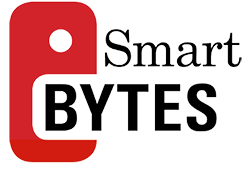6 Steps to Help Your Child Make Friends
April 22, 2024

By Jenna Prada
It’s report card time. I know that causes parents almost as much anxiety as kids and want to reframe how you think about them. Report cards are a tool for building a growth mindset through self-reflection, assessing current learning plans and goal setting. What follows are the tips for a productive response to report cards:
Self-Reflect
Before you dive into a conversation about grades or work habits, ask your child to self-assess. What do they think their report card will say? Are they happy with the work they did this quarter? What did they do best? What was their biggest struggle? Students, especially young students, have a hard time recognizing their strengths and weaknesses and monitoring their own performance. Those challenges are particularly pronounced when students have ADHD or other executive functioning deficits.
Assess Current Learning Plans
This is the moment when I remind you that you are allowed to ask for adjustments to an IEP or a 504 plan at any time. Consider the report card part of your on-going conversation with your child’s teachers. If something doesn’t make sense, ask. If you notice a pattern that can be addressed through instructional or behavioral accommodations, point it out. If your child and their team of teachers have been successful, offer positive feedback.
Set Goals
If you know before you look at a report card that it will support your child in setting goals, it shifts the focus from the grades to their process. You don’t respond to the report card; instead you use it to inform your child’s ongoing growth and learning. That sends a powerful message to your child: they have agency in their education and your focus is on their effort, not their outcomes.
The tips above don’t change depending on your child’s grades; that’s intentional. The best educational practices are proactive, not reactive, and that’s true in this case as well. So, how do you respond to a report card? Trick question: don’t! Get ahead of it by setting expectations that report cards are simply part of your child’s larger process. When both you and your child approach the report card knowing what approach you’ll take, it lessens anxiety and promotes engagement.
This blog post was adapted from the Learning Link. Jenna Prada, a certified teacher and administrator, is the founder of the Learning Link and the Director of Executive Functioning & Special Education at Private Prep.